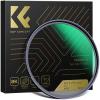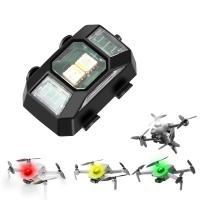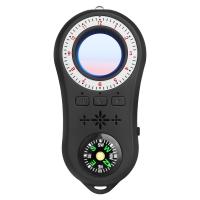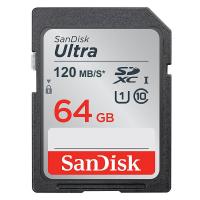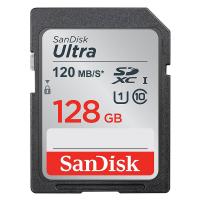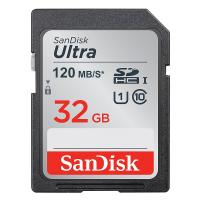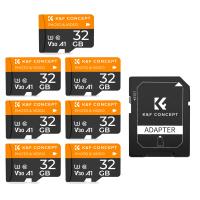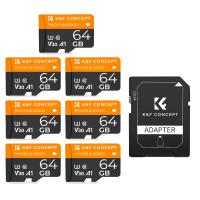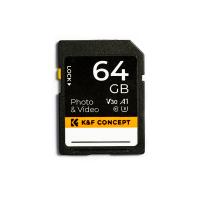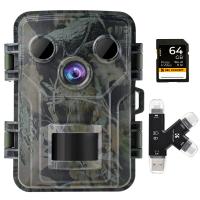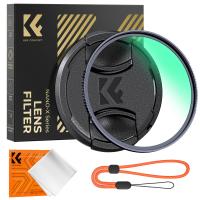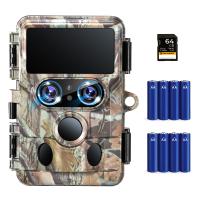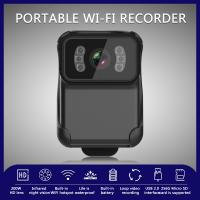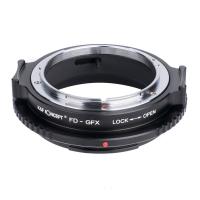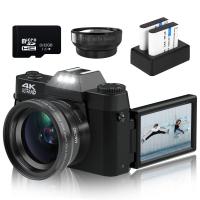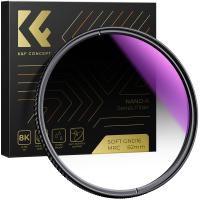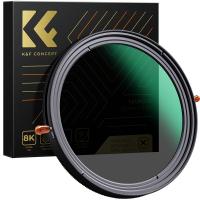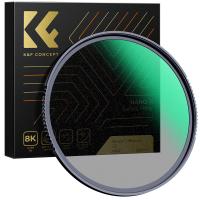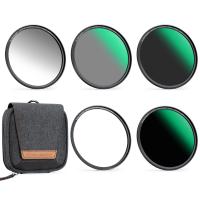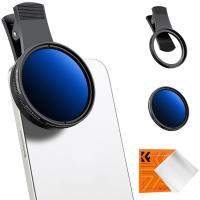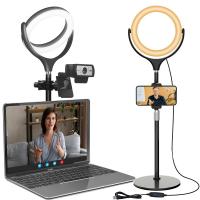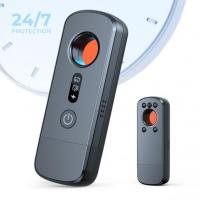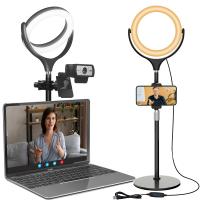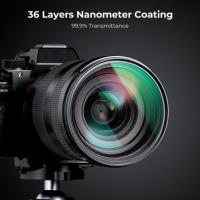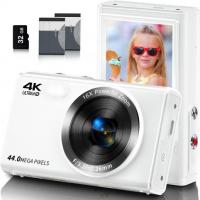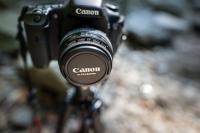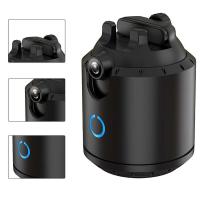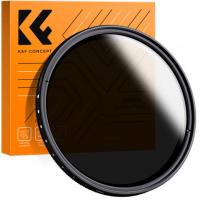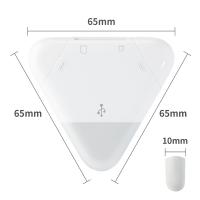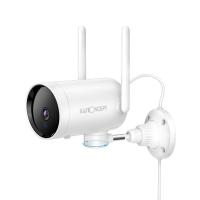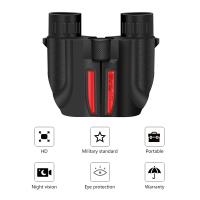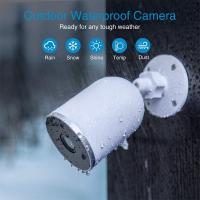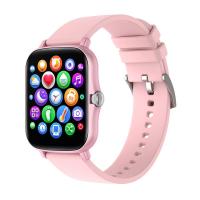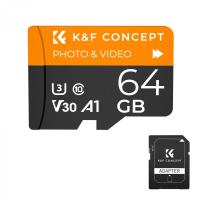How To Find The Right Video Cameras?
Finding the right video camera can be a daunting task, especially with the myriad of options available in the market today. Whether you are a professional videographer, a content creator, or someone who simply wants to capture high-quality videos for personal use, selecting the right camera involves understanding your specific needs and matching them with the features and capabilities of various models. In this article, we will explore the key factors to consider when choosing a video camera, helping you make an informed decision that aligns with your requirements.
Understanding Your Purpose
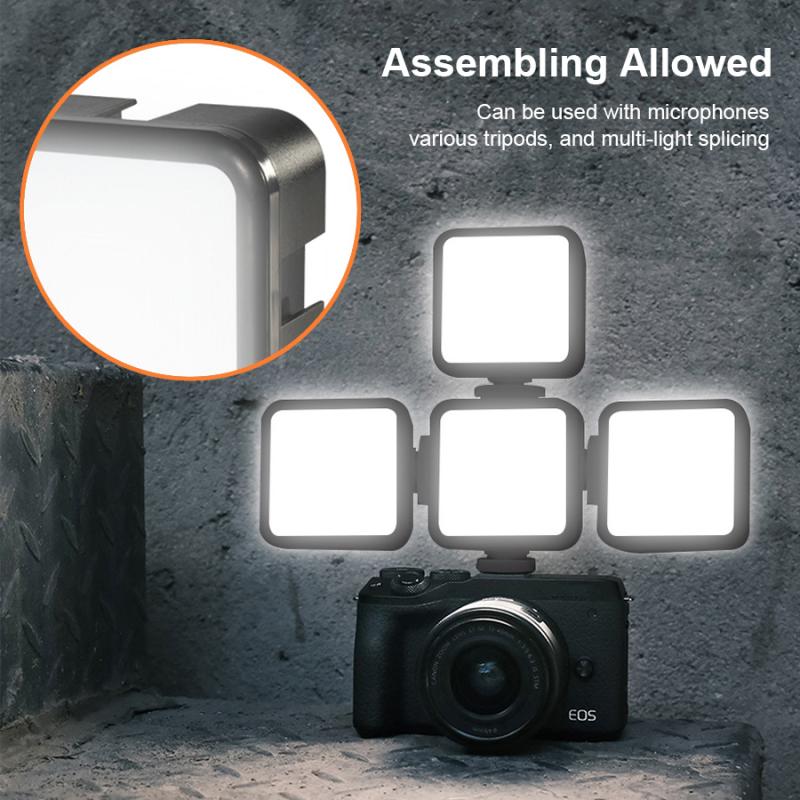
The first step in finding the right video camera is to clearly define your purpose. Different types of video cameras are designed for different uses, and understanding your primary use case will narrow down your options significantly. Here are some common purposes and the types of cameras that suit them:
1. Professional Filmmaking: If you are a professional filmmaker or aspire to be one, you will need a camera with advanced features such as high-resolution sensors, interchangeable lenses, and extensive manual controls. Cinema cameras and high-end DSLRs or mirrorless cameras are ideal for this purpose.
2. Vlogging and Content Creation: For vloggers and content creators, portability, ease of use, and good audio quality are crucial. Compact cameras, mirrorless cameras, and even some high-end smartphones can be excellent choices.
3. Event Videography: Capturing events like weddings, conferences, or live performances requires a camera with good low-light performance, long battery life, and reliable autofocus. Camcorders and professional video cameras are often preferred for such tasks.
4. Personal Use: If you are looking for a camera to capture family moments, vacations, or hobbies, a user-friendly camera with decent video quality and simple controls will suffice. Point-and-shoot cameras, action cameras, and smartphones are great options.
Key Features to Consider
Once you have identified your primary use case, the next step is to evaluate the key features that will impact your video quality and overall experience. Here are some essential features to consider:
1. Resolution and Frame Rate: The resolution determines the clarity and detail of your videos. Common resolutions include Full HD (1080p), 4K, and even 8K. Higher resolutions provide more detail but also require more storage and processing power. Frame rate, measured in frames per second (fps), affects the smoothness of your videos. Standard frame rates are 24fps, 30fps, and 60fps, with higher frame rates used for slow-motion effects.
2. Sensor Size: The sensor size influences the camera's ability to capture light and detail. Larger sensors, such as those found in full-frame and APS-C cameras, generally produce better image quality, especially in low-light conditions. Smaller sensors, like those in smartphones and action cameras, are more compact but may struggle in challenging lighting.
3. Lens Options: Interchangeable lens cameras, such as DSLRs and mirrorless cameras, offer greater flexibility and creative control. You can choose lenses with different focal lengths, apertures, and special features like image stabilization. Fixed-lens cameras are more convenient but limit your ability to change perspectives.
4. Autofocus System: A reliable autofocus system is crucial for capturing sharp and well-focused videos, especially in dynamic or fast-paced environments. Look for cameras with advanced autofocus technologies, such as phase detection or dual-pixel autofocus, which provide faster and more accurate focusing.
5. Stabilization: Camera shake can ruin your videos, making stabilization an important feature. Optical image stabilization (OIS) and electronic image stabilization (EIS) help reduce blur and produce smoother footage. Some cameras also offer in-body image stabilization (IBIS), which stabilizes the sensor itself.
6. Audio Quality: Good audio is essential for professional-looking videos. Built-in microphones are convenient but often lack quality. Look for cameras with external microphone inputs, headphone jacks for monitoring audio, and support for high-quality audio recording.
7. Battery Life: Long battery life is important, especially for extended shoots or events. Check the camera's battery capacity and consider carrying spare batteries or an external power source if needed.
8. Connectivity and Storage: Modern cameras offer various connectivity options, such as Wi-Fi, Bluetooth, and HDMI, for easy file transfer and remote control. Consider the type of storage media the camera uses (SD cards, CF cards, etc.) and ensure it meets your capacity and speed requirements.
Budget Considerations
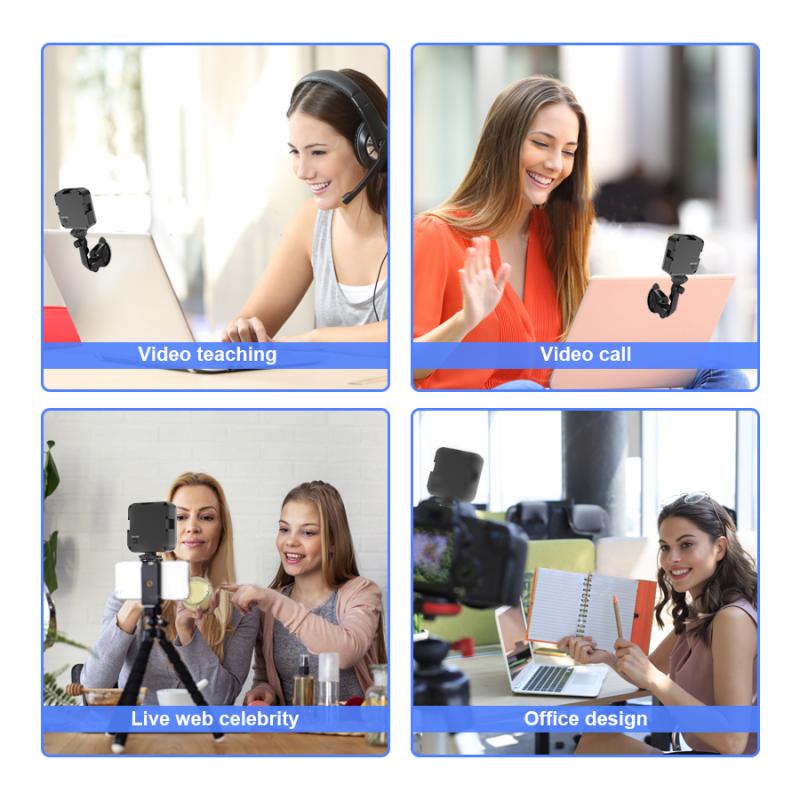
Your budget will play a significant role in determining the right video camera for you. While high-end cameras offer advanced features and superior quality, there are many affordable options that provide excellent performance for their price. Here are some budget categories and what you can expect from each:
1. Entry-Level (Under $500): In this range, you can find basic camcorders, point-and-shoot cameras, and some action cameras. These cameras are suitable for casual use and offer decent video quality with limited manual controls.
2. Mid-Range ($500 - $1,500): This category includes more advanced point-and-shoot cameras, entry-level DSLRs, and mirrorless cameras. You can expect better image quality, more manual controls, and additional features like 4K recording and external microphone inputs.
3. High-End ($1,500 and Above): Professional-grade cameras, high-end DSLRs, and mirrorless cameras fall into this range. These cameras offer superior image quality, extensive manual controls, interchangeable lenses, and advanced features like high frame rates, large sensors, and robust build quality.
Popular Camera Models
To help you get started, here are some popular camera models in different categories:
1. Professional Filmmaking:
- Canon EOS C200
- Sony FX3
- Blackmagic Pocket Cinema Camera 6K
2. Vlogging and Content Creation:
- Sony ZV-1
- Canon EOS M50 Mark II
- Panasonic Lumix GH5
3. Event Videography:
- Sony PXW-Z90V
- Panasonic HC-X2000
- Canon XA55
4. Personal Use:
- GoPro HERO9 Black
- Sony RX100 VII
- DJI Osmo Pocket 2
Choosing the right video camera involves a careful assessment of your needs, understanding the key features, and balancing your budget. By considering factors such as resolution, sensor size, lens options, autofocus, stabilization, audio quality, battery life, and connectivity, you can find a camera that meets your specific requirements. Whether you are a professional filmmaker, a content creator, or someone capturing personal moments, there is a video camera out there that is perfect for you. Take the time to research and test different models, and you will be well on your way to creating stunning videos that capture your vision.

